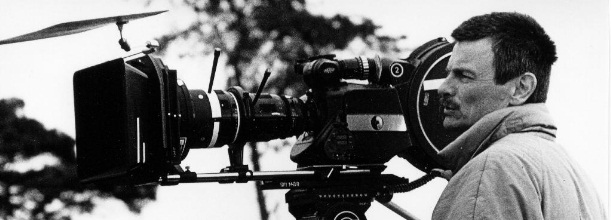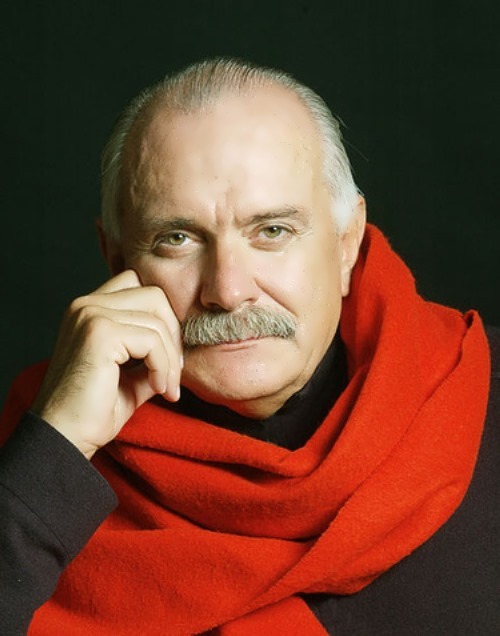
[Source: https://www.hhs.se/en/outreach/sse-initiatives/art-initiative/program1/screenings/dziga-vertov/]
Дзи́га Ве́ртов (при рождении Давид А́белевич Ка́уфман, впоследствии известен также как Денис Абрамович и Денис Аркадьевич Кауфман; 1895/1896—1954) — советский кинорежиссёр, один из основателей и теоретиков документального кино. Обогатил кинематограф множеством операторских приёмов и техник, включая методику «скрытая камера»[1]. Его фильм «Человек с киноаппаратом» (1929) часто называют величайшим из всех документальных фильмов в истории.
Source:
http://www.vertov.ru/Dziga_Vertov
http://www.cinemetrics.lv/movie.php?movie_ID=2810
[Source: Материал из Википедии]
[Source: YouTube]
Лев Влади́мирович Кулешо́в (1899—1970) — советский кинорежиссёр, теоретик кино. Народный артист РСФСР.
Source:
On Kuleshov Effect [Source:YouTube]

[Source: Wikipedia]
[Source: YouTube]
The most famous Soviet film-maker since Sergei M. Eisenstein, Andrei Tarkovsky studied music and Arabic in Moscow before enrolling in the Soviet film school V.G.I.K. He shot to international attention with his first feature, Ivan's Chilhood (1962), which won the top prize at the Venice Film Festival. His last film, The Sacrifice (1986) was shot in Sweden and won an almost unprecedented four prizes at the Cannes Film Festival.


[Source: Wikimedia]
Sergei Mikhailovich Eisenstein (23 January 1898 – 11 February 1948), né Eizenshtein, was a pioneering Soviet Russian film director and film theorist, often considered to be the "Father of Montage". He is noted in particular for his silent films Strike (1924), Battleship Potemkin (1925) and October (1927), as well as the historical epics Alexander Nevsky (1938) and Ivan the Terrible (1944, 1958). (source: wikimaterials).
 [Source: Wikipedia]
[Source: Wikipedia]
Esther Shub was born on March 3, 1894, in the Chernigovsky District of the Ukraine, and moved to Moscow as a student. There, she became part of the artistic avant-garde, and soon turned her talents to film. According to Graham Roberts in History Today, she later wrote in her memoirs that she saw film as " a method of expressing all that the Great October Revolution had brought," and noted that for her country, "A new life was beginning." A few years before, the bloody upheaval of the Russian Revolution had resulted in the Soviet takeover of the country, and many people were filled with ideological optimism about the new government. Shub applied several times for a job in film, and was refused several times, but she persisted. Eventually, she was accepted for a job in the film section of the Commissariat of the Enlightenment.
Source: http://www.answers.com/topic/esther-shub#ixzz29ChHyDiq
Nikita Mikhalkov was born on October 21, 1945. He is a Russia filmmaker,actor and head of the Russian Cinematographers' Union. Mikhalkov's famous production , Burnt by the Sun (1994) received the Grand Prize at Cannes and the Academy Award doe Best Foreign Language Film, among many other honors. To date, Burnt by the Sun remains the highest grossing film to come out of the former Soviet Union.

[Source: Wikimedia]
[Source: YouTube]